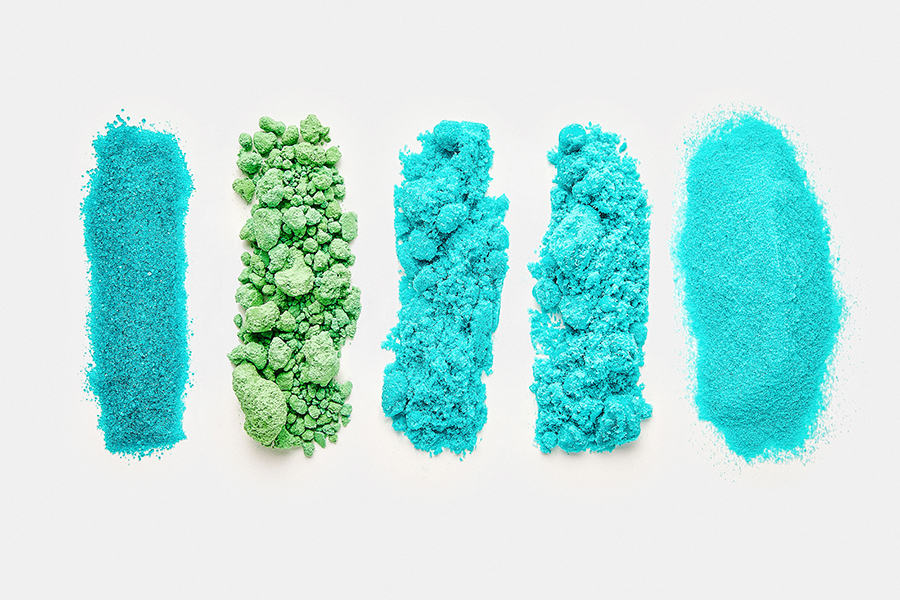We use cookies to give you a better experience on our website. Learn more about how we use cookies and how you can select your preferences.
Pure Battery Technologies – Refining the future

Refining the future.
Cobalt is a critical element in advanced manufacturing. An innovative Australian company and its research partners are developing a more effective way to refine the metal.
Pure Battery Technologies (PBT) has created a sustainable process to refine cobalt concentrate containing nickel and manganese into a high-purity, mixed-metal hydroxide. The material is used to make lithium-ion batteries, and improving the refining process helps optimise battery performance.
With a $2.2 million Cooperative Research Centres Project (CRC-P) grant, Pure Battery Technologies worked with the University of Queensland, Curtin University, Intdesign and Croniment Holdings to pioneer an improved process.
The new process supports development of Australia’s circular economy as recycled batteries can be used as feedstock.
Reducing the need to use primary materials supports better environmental outcomes and helps achieve significant cost-savings in the refining process.
The CRC-P grant funding had a huge impact on PBT’s growth and technology development.
“It gave us the resources to fuel development of our technologies and enabled local and international cross-disciplinary partnerships that cultivated breakthrough solutions in areas such as feedstock variability and engineering scale-up risks.”
“The success of this project laid the foundation for building a resilient and forward-looking business,” Dr Hawker said.
Pure Battery Technology’s position in the global supply chain was enhanced through collaboration with international industry partners. The company created links with raw material suppliers, end users and metal recyclers.
As well as helping PBT position itself as a leader in advanced manufacturing, the project provided invaluable experience to Australian researchers, engineers and technicians.
The project supports Australia’s efforts to become a hub for advanced manufacturing in the critical minerals and clean energy markets.
-
Visit the PBT website to learn more about their sustainable refinement process.
Pure Battery Technologies